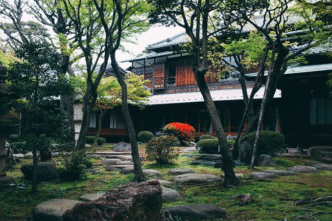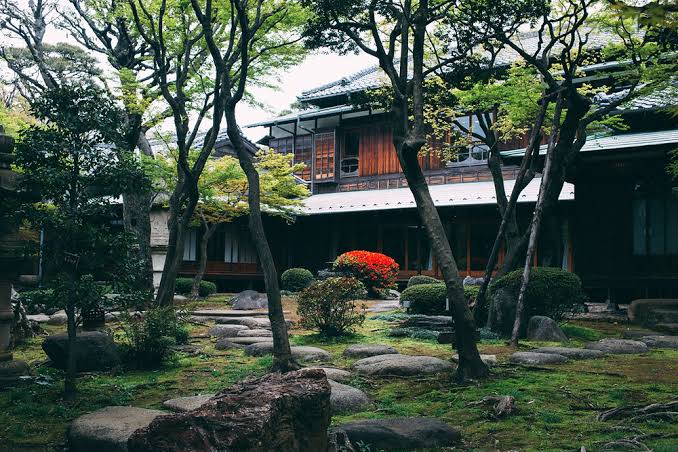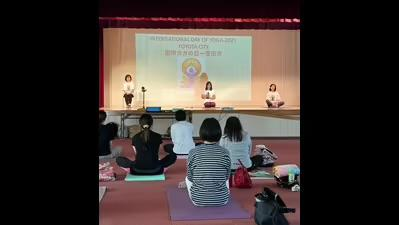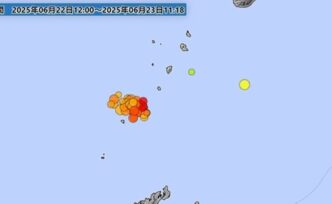Every June, homeowners across Japan receive a familiar set of papers—yes, it’s property tax season. Whether you own a standalone house or a condo (“mansion”), understanding how your property tax is calculated can feel overwhelming at first glance. But this simplified guide breaks it down into bite-sized insights, complete with real-life numbers, to help you make sense of the paperwork.
What Property Taxes Do You Pay in Japan?
There are two main types of taxes on property:
- Fixed Asset Tax (固定資産税) – 1.4%
- City Planning Tax (都市計画税) – 0.3%
Both are calculated based on the value of your land and building. However, values for tax purposes aren’t based on market prices but are assessed by the local government every three years.
3 Types of Documents You Receive
- Statement (明細書) – A detailed breakdown of tax calculations for land and building
- Notification (納税通知書) – A summary showing total tax due for the year
- Receipts (領収書) – 4 slips to pay in quarterly installments
Real-Life Example: Tax on a Mansion Unit in Tokyo
Let’s say you own a unit in a 62-unit building in Tokyo. Here’s how the land and building tax are calculated:
Land Tax
- Total land value (shared across 62 units): ¥608,283,090
- Your share (1/62): ~¥101,380,515
- Fixed Asset Tax (1.4%): ¥23,190
- City Planning Tax (0.3%, discounted): ¥4,938
Building Tax
- Your unit area: 79.67 m²
- Your unit’s assessed value: ¥9,001,300
- Fixed Asset Tax: ¥126,018
- City Planning Tax: ¥27,003
Total Property Tax
Rounded to the nearest thousand: ¥181,000
How Are Land & Building Values Decided?
- Land: Value determined using public benchmarks like Kouji prices, updated every 3 years. For example, in Edogawa ward, land ranges from ¥350,000–¥500,000/m².
- Building: Generally valued at around 70% of standard construction costs, depending on building type and depreciation.
Installment Payment Schedule
You can pay your annual tax in 4 parts:
- June 30
- September 30
- January 5
- March 2
Final Note
This guide simplifies the process for educational purposes. Property valuation and tax benefits can vary based on your specific case, and it’s wise to consult a real estate or tax professional for tailored advice.
FAQ
Q1. Is property tax higher for condos (mansions) or standalone homes?
A: It depends on location, land area share, and building value. The calculation method is similar, but condos divide land value among all units, which often makes the individual land tax lower than that for a standalone home.
Q2. Are there any discounts available?
A: Yes! For example, new residential buildings often receive a tax discount for a few years. Also, City Planning Tax may be reduced under certain conditions. Always check with your municipality.
Connect on LinkedIn: https://www.linkedin.com/in/matheshjp/
Feel free to share this guide with anyone navigating property taxes in Japan—it’s made to help, not profit.
Disclaimer
I am not a tax, investment, real estate or retirement advisor
Consult with a professional for your situation to get accurate/specific advice
Use this material only for gaining knowledge
For ease of understanding, I have simplified as required
Uncopyrighted / To share with those in need

















